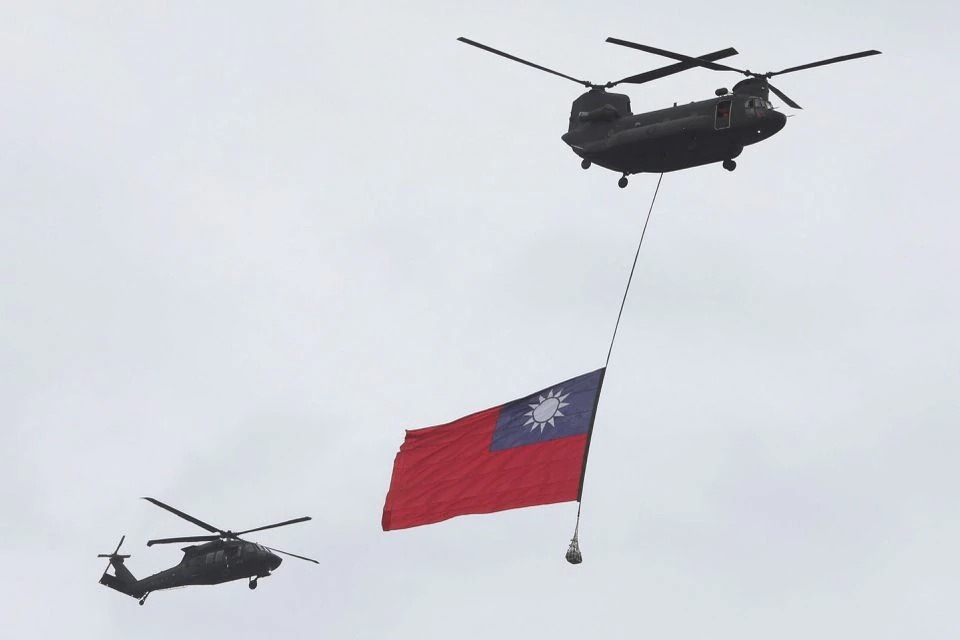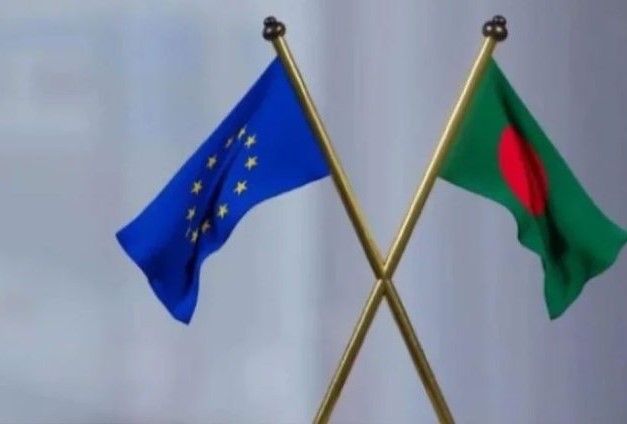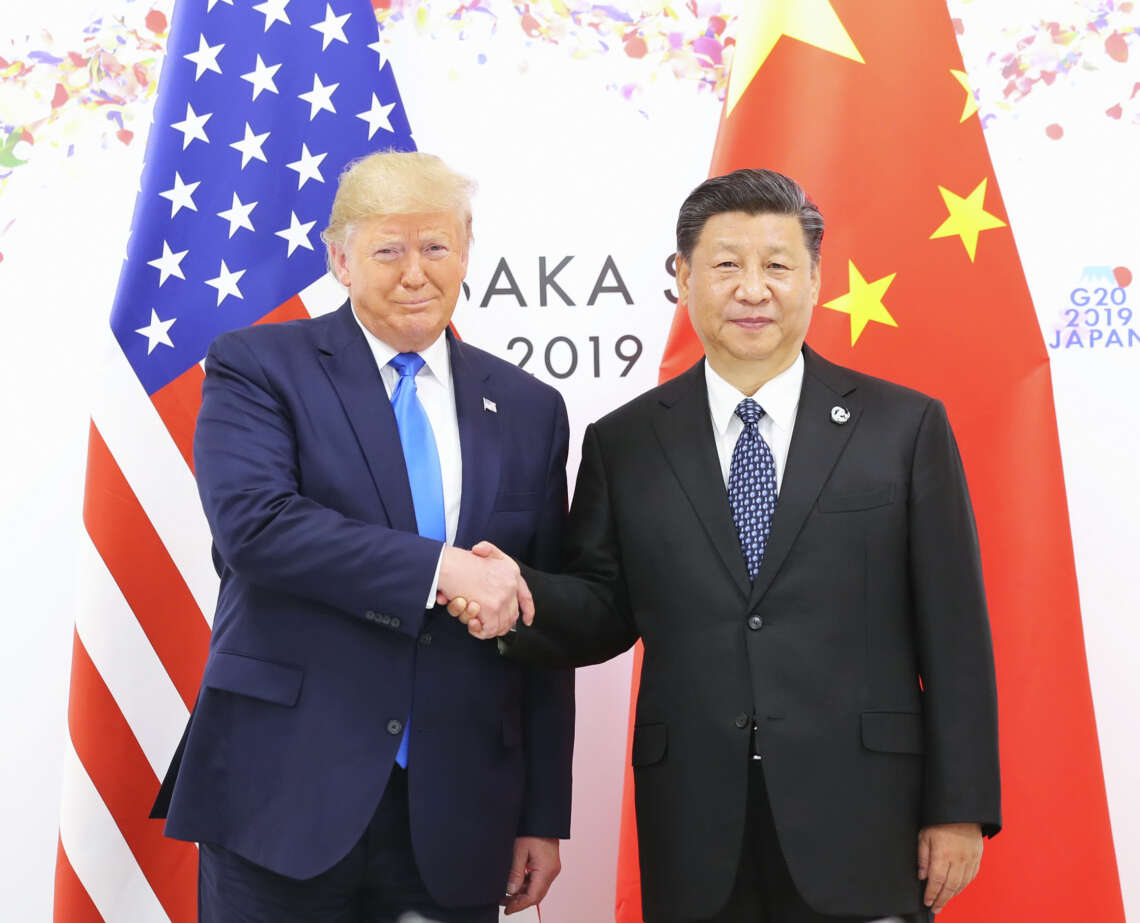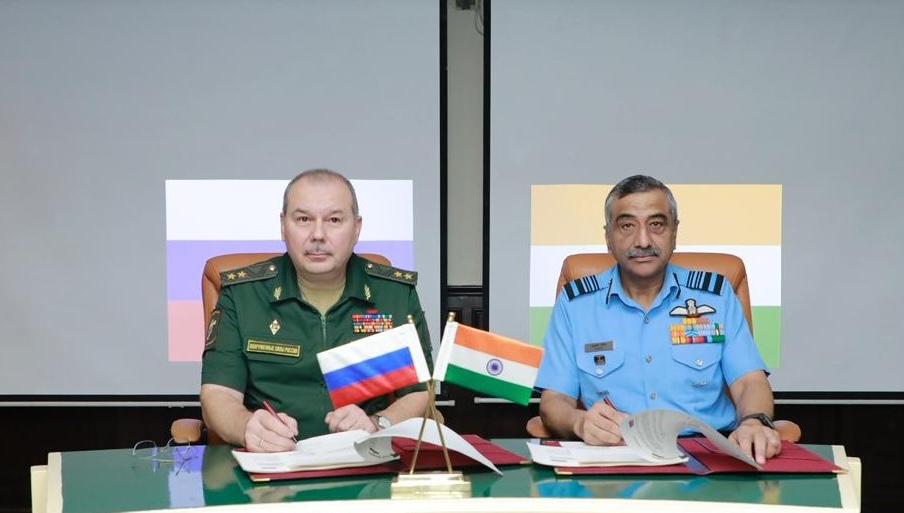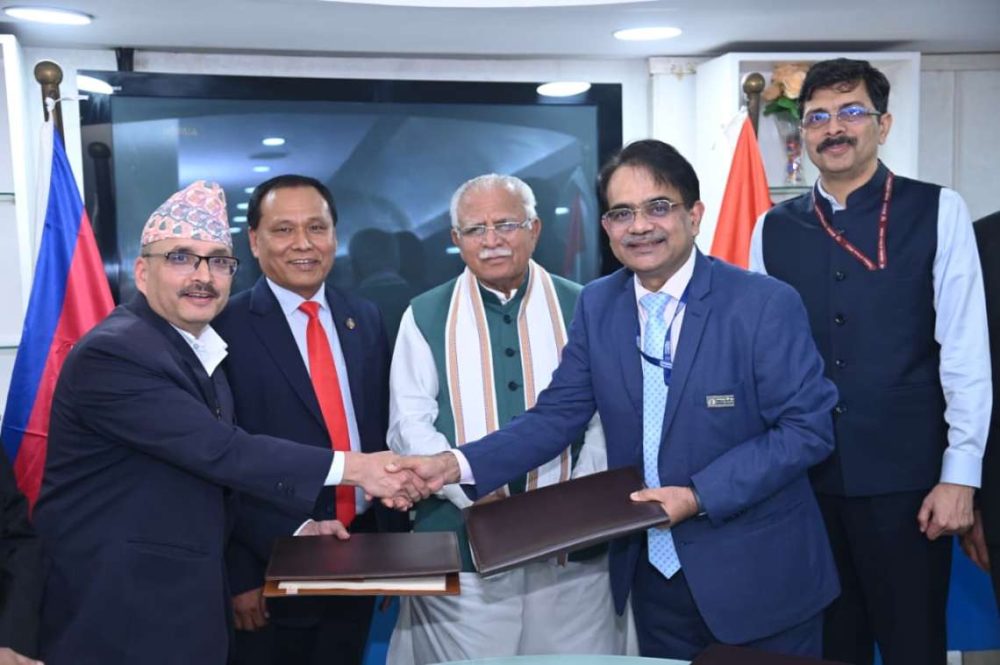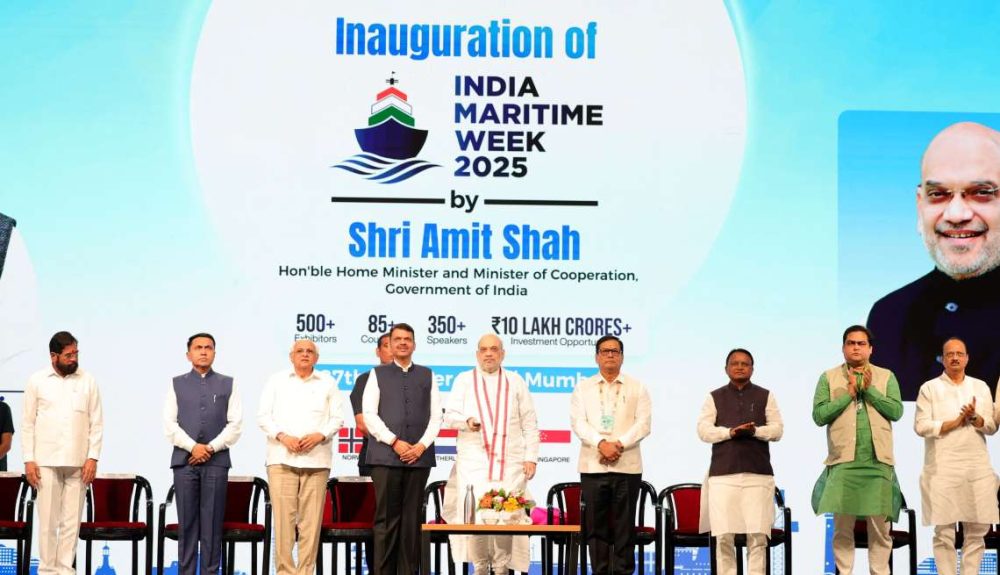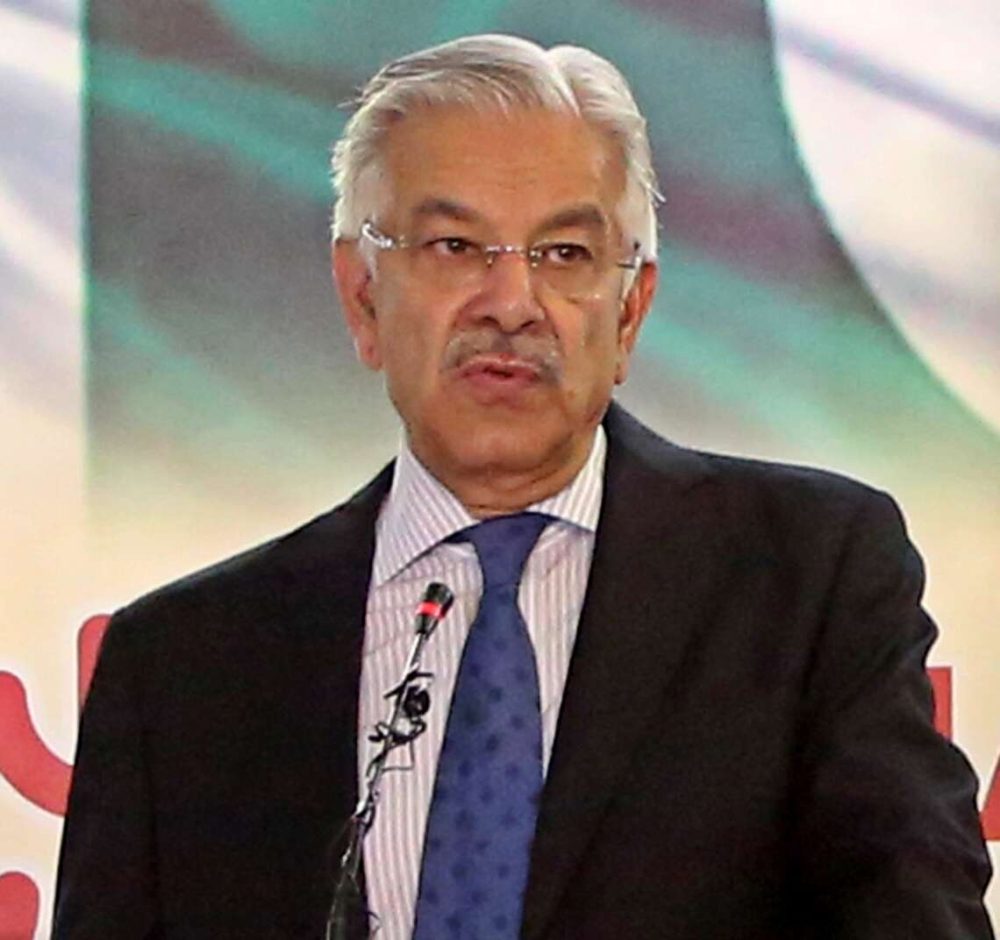The increased belligerence of Beijing in South China is little more than muscle flexing in the gray zone. A Chinese invasion of Taiwan is not possible in the near future. The Super Garuda platform is a cause of concern for China. Beijing has accused the US of trying to build an “Asian NATO” to limit China militarily and diplomatically … writes Dr Amit Sharma
The message from the free and democratic world order to autocratic China is clear, it will not accept Chinese hegemony in the South China Sea; nor will it allow a Chinese invasion of Taiwan to go unchallenged. The increased belligerence of Beijing in South China is little more than muscle flexing in the gray zone. A Chinese invasion of Taiwan is not possible in the near future.
According to analysts, the defence of Taiwan has now become important to ensure a free and open Indo-Pacific. Many countries are now joining military exercises like Super Garuda Shield and Talisman Sabre to fine-tune joint defence strategies against the threat from Beijing.
Minister of Taiwan Chiu Chui-cheng has said in a recent event in the US, the fall of Taiwan will trigger a “domino effect;” endangering the security of the US. Taiwan is in a “core position” of the first island chain guarding the access of the Chinese navy to the Pacific; stretching from Japan, through Taiwan, the Philippines and Indonesia. The fall of Taiwan could have a “devastating impact on American interests and America’s well-being,” an analyst has quoted from a Rice University paper.
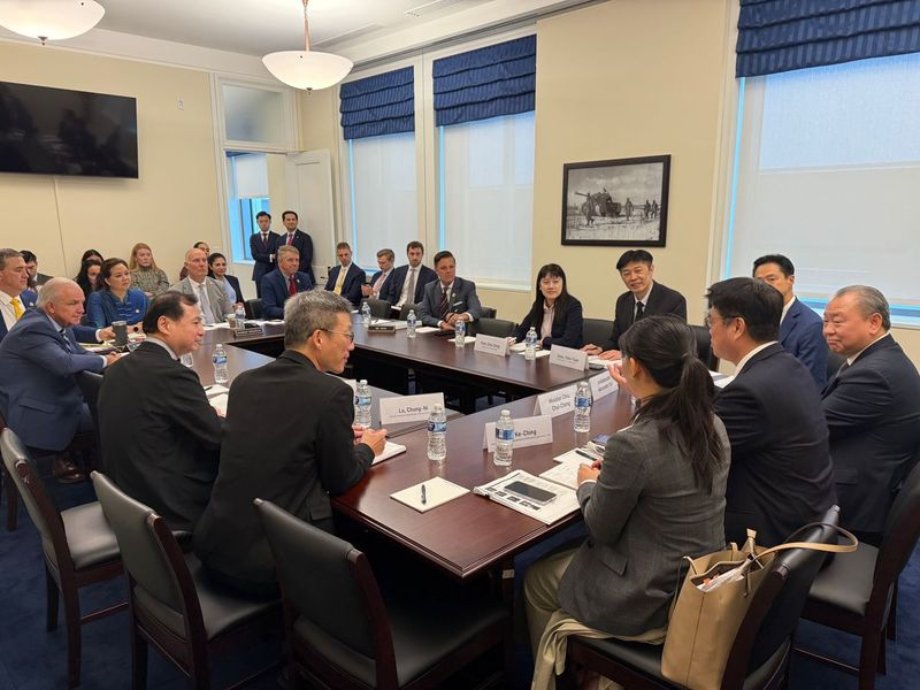
“A successful Chinese invasion of Taiwan and a victorious Beijing will have no reason to accommodate India. The pressure on India’s borders will ratchet up because of the newfound confidence of China’s military and leadership,” the Observer Research Foundation has said.
More than a dozen countries – among them Indonesia, the US, Australia, Canada, the UK, Japan, Brazil, South Korea, the Netherlands, New Zealand, Singapore, Germany and France — have joined in this year’s Super Garuda Shield, a defence cooperation in the Indo-Pacific, extending from August 25 to September 4; hosted by Indonesia. It is a measure of their concern about Chinese encroachment on its exclusive economic zone in the South China Sea.
The Super Garuda platform is a cause of concern for China. Beijing has accused the US of trying to build an “Asian NATO” to limit China militarily and diplomatically.
Lately, speaking in Singapore, US Defence Secretary Pete Hegseth has said that Washington has been strengthening an arc of military alliances in the Indo-Pacific to reassure allies alarmed by Beijing’s increasing military and economic pressure and provocative actions in the South China Sea. But he has cautioned that seeking US military support while relying on economic support from China carries risks.
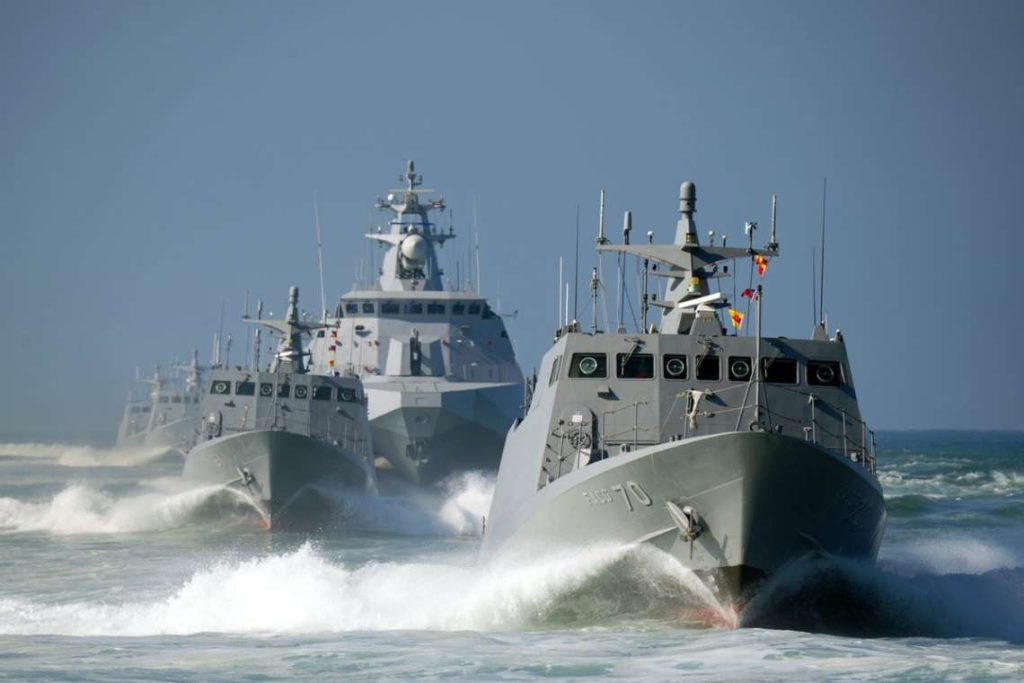
Now the United Kingdom too has added its might to the efforts of other countries to prevent Chinese military action against Taiwan and other parts of the South China Sea. “Getting its approach to the Indo-Pacific right will help the UK manage the challenges of a more powerful, assertive and globally influential China,” Chatham House, a London-based think-tank on international affairs, has said in a research paper titled ‘Why the Indo-Pacific should be a higher priority for the UK.’ The UK could do this by supporting the sovereignty and resilience of China’s neighbours.
As a part of the trilateral defence deal AUKUS between the UK, the US and Australia, London and Canberra have announced that they would sign a 50-year nuclear submarine treaty for Britain to build nuclear-powered submarines for Australia. The Australian fleet of submarines will be powered by US nuclear technology to contain Chinese military challenges in the region.
In late July and early August, American and Australian defence forces co-hosted Exercise Talisman Sabre in which 19 countries –among them Australia, France, Germany, India, Japan, the Philippines, South Korea, the UK and the US — participated with the objective of ensuring a “peaceful, stable and sovereign Indo-Pacific.” For the first time, a carrier strike group of the British navy led by aircraft carrier HMS Prince of Wales participated in the exercise. “With our carrier strike group docking in Darwin, we are sending a clear signal to the world of our determination to keep the Indo-Pacific free and open; and that we stand together,” former British Foreign Secretary David Lammy has said.
The Philippines President Ferdinand Marcos Jr has warned that his country would inevitably be drawn into any war over Taiwan. This will also mean automatic US involvement, because of Washington’s treaty obligations with Manila. The self-ruled island of Taiwan was too close to the territories of the Philippines to allow substantial Chinese presence there. Besides, a large number of Filipino workers are employed in Taiwan; about 200,000 of them.
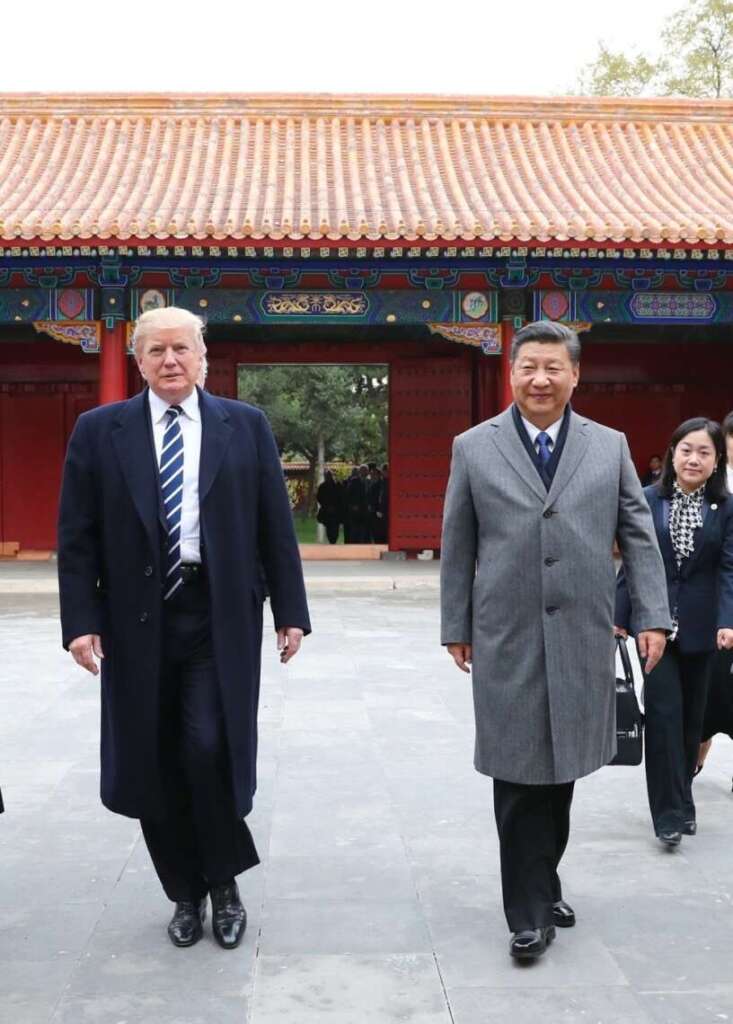
In the face of belligerence by China in the Taiwan Strait and the South China Sea, the US President hosted President of the Philippines Marcos in White House at the end of July to work out closer security and economic ties between the two countries; and also reached a trade agreement.
India, a member of the Quadrilateral Alliance, is now actively engaged in ensuring a free and open Indo-Pacific. Delhi has resisted Beijing’s pressure to endorse the ‘One China Policy.’ The other members of Quad are Australia, Japan and the US. Delhi has lately made it clear to Beijing that it will continue to have economic, technological and cultural ties with Taiwan; rebutting a claim of the Chinese Foreign Ministry that India has lately endorsed the ‘One China Policy.’ The Chinese side had raised the issue of Taiwan in a meeting between Indian External Affairs Minister S. Jaishankar and Chinese Foreign Minister Wang Yi in Delhi but “the Indian side underlined that there was no change in its position on this issue,” the Indian External Affairs Ministry has said.
The liberal and democratic world has reasons to be wary of the designs of Beijing in South China Sea. Earlier this month, the Philippines has recorded its protest against a plan by China to establish a nature reserve around Scarborough Shoal, a hotly disputed shoal in the South China Sea; claimed by the Philippines, Vietnam, Malaysia, Brunei and Taiwan. Though Beijing was depicting it as a plan for environmental protection, “it is obviously another manoeuvre by China to justify their 10-dash line claim,” Ambassador of the Philippines to Washington Jose Romualdez has said.
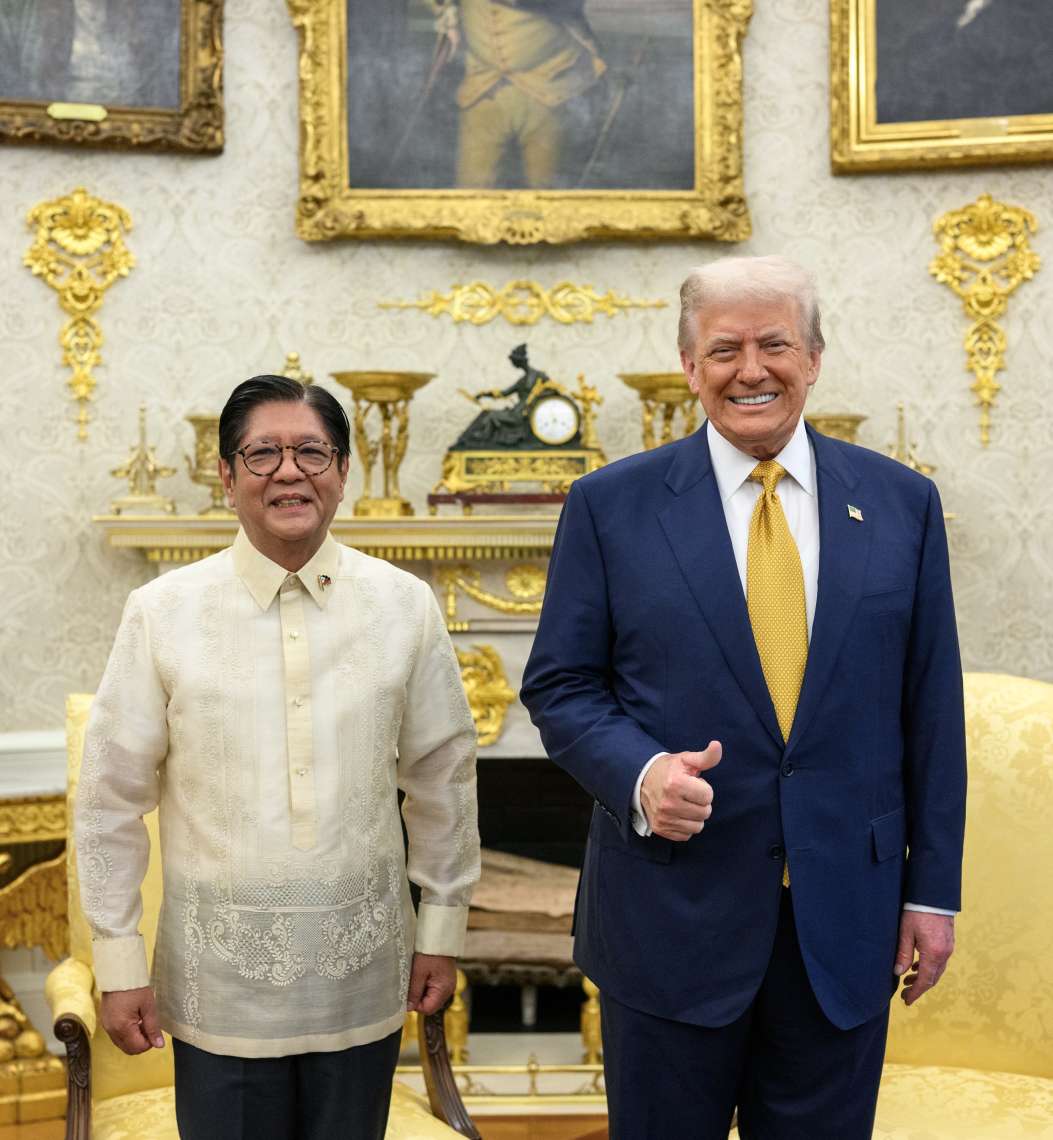
Analysts say these are tactics by Beijing to build pressure on Taiwan indirectly to accept the Chinese demand for merger; watching the preparation that different groupings of countries, led by the US, are taking, and realizing an invasion of Taiwan will be too hot. US Assistant Secretary of State for Indo – Pacific Security Ely Rattner has said China’s goal of having its military ready for a “short, sharp invasion” of Taiwan by 2027 is not possible right now. The Chinese armed forces have not yet demonstrated capabilities for sophisticated urban warfare or long-distance logistical capabilities required for an invasion of Taiwan.


